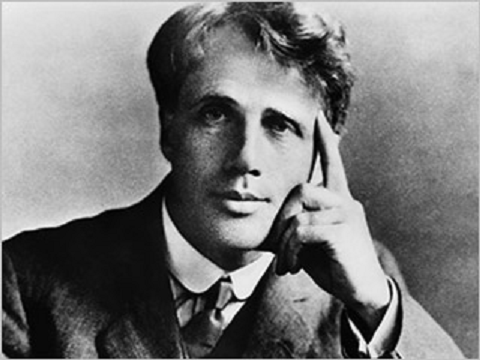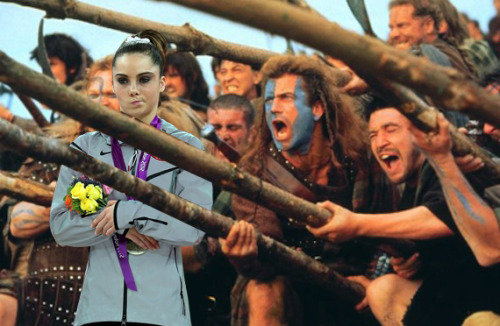The summer travel season may be drawing to a close, but the literary travel season doesn’t have to . Here are three books that will transport you to the subcontinent of India, a place I’ve always wanted to visit.
For the intrigue and excitement of The Great Game, you’ve always got Kim, by Rudyard Kipling.
“The hot and crowded bazaars blazed with light as they made their way through the press of all the races in Upper India, and the lama mooned through it like a man in a dream. It was his first experience of a large city, and the sight of the crowded tram-car with its continually squealing brakes frightened him. Half pushed, half towed, he arrived at the high gate of the Kashmir Serai: that huge open square over against the railway station, surrounded with arched cloisters where the camel and horse caravans put up on their return from Central Asia. Here were all manner of Northern folk, tending tethered ponies and kneeling camels; loading and unloading bales and bundles; drawing water for the evening meal at the creaking well windlasses; piling grass before the shrieking, wild-eyed stallions; cuffing the surly caravan dogs; paying off camel drivers; taking on new grooms; swearing, shouting, arguing, and chaffering in the packed square. The cloisters, reached by three or four masonry steps, made a haven of refuge around this turbulent sea. Most of them were rented to traders, as we rent the arches of a viaduct; the space between pillar and pillar being bricked or boarded off into rooms, which were guarded by heavy wooden doors and cumbrous native padlocks. Locked doors showed the owner was far away, and a few rude-sometimes very rude- chalk or paint scratches told where he had gone. Thus: ‘Lutuf Allah is gone to Kurdistan.’ Below, in coarse verse: ‘O Allah, who sufferest lice to live on the coat of a Kabuli, why hast thou allowed this louse Lutuf to live so long?’
For the era of Independence, there’s always Midnight’s Children, by Salmon Rushdie
“He made his living as a simple ferryman, despite all the rumors of wealth, taking hay and goats and vegetables and wood across the lakes for cash; people, too. When he was running his taxi-service he erected a pavilion in the center of the shikara, a gay affair of flower-patterned curtains and canopy, with cushions to match; and deodorized his boat with incense. The sight of Tai’s shikara approaching, curtains flying, had always been for Doctor Aziz one of the defining images of the coming of spring. Soon the English sahibs would arrive and Tai would ferry them to Shalimar Gardens and the King’s Spring, chattering and pointy and stooped. He was the living antithesis of Oskar-Ilse-Ingrid’s belief in the inevitability of change … a quirky, enduring familiar spirit of the valley. A watery Caliban, rather too fond of cheap Kashmiri brandy.”
And for the turmoil of the Emergency, how about A Fine Balance, by Rohinton Mistry
“The morning Express bloated with passengers slowed to a crawl, then lurched forward suddenly, as though to resume full speed. The train’s brief deception jolted its riders. The bulge of humans hanging out of the doorway distended perilously, like a soap bubble at its limit…
“The southbound express slowed again. With a pneumatic hiss, the bogies clanked to a halt. The train was between stations. Its air brakes continued to exhale wheezily for a few moments before dying out.
“Omprakash looked through the window to determine where they had stopped. Rough shacks stood beyond the railroad fence, alongside a ditch running with raw sewage. Children were playing a game with sticks and stones. An excited puppy danced around them, trying to join in. Nearby, a shirtless man was milking a cow. They could have been anywhere.”




